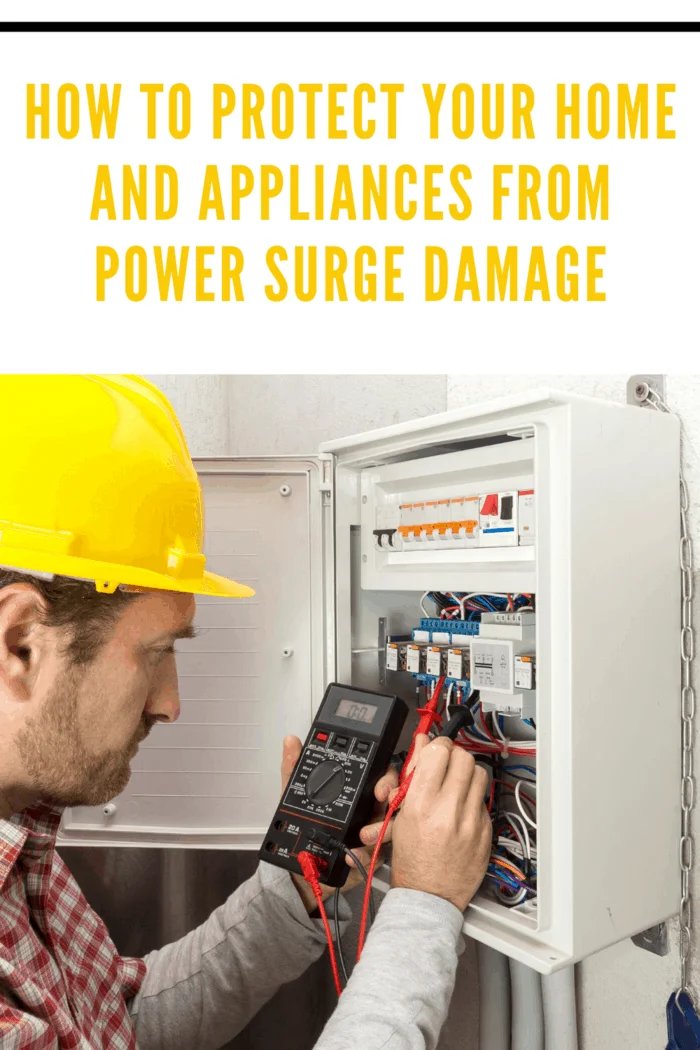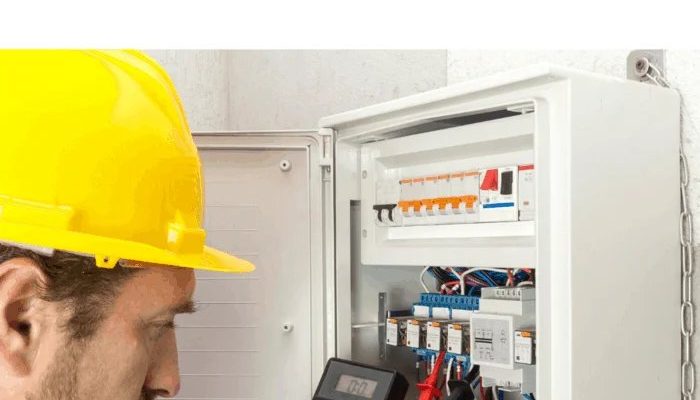
So, what exactly is a power surge? It’s that brief, powerful spike in electrical voltage that can occur for various reasons—from lightning strikes to faulty wiring or even high-demand appliances kicking on. You might be wondering how to safeguard your gadgets and gizmos from this electrical chaos. Let me explain how you can easily protect your valuable appliances without needing a degree in electrical engineering.
Understanding Power Surges and Their Causes
Before diving into protection methods, it’s important to know what power surges are and why they happen. At its core, a power surge is a sudden increase in voltage that can last for just a microsecond or a few seconds. Picture it like a wave: it rises suddenly but can crash just as quickly. This wave can come from various sources:
- Lightning strikes: A direct hit or even a nearby strike can send an intense surge through utility lines.
- Faulty wiring: Old or damaged wiring can create unstable voltage, leading to surges.
- High-demand appliances: Devices like refrigerators or air conditioners can cause a sudden draw on power when they turn on, creating a surge.
Power surges can wreak havoc on your appliances, causing anything from minor annoyances, like flickering lights, to major issues like fried circuits in your fridge or coffee maker. This is why understanding the causes is the first step in protecting your home.
Investing in Surge Protectors
One of the simplest yet most effective ways to protect your appliances from power surges is by investing in surge protectors. Think of these devices as the bouncers of your electrical system—they stand guard, allowing only the right amount of electricity to flow through while blocking out excess voltage.
When choosing a surge protector, consider the following:
1. Joule Rating: This indicates how much energy the protector can absorb. Higher ratings mean better protection. For example, a surge protector with a joule rating of 2,000 or more is usually a good choice.
2. Number of Outlets: If you have multiple devices to protect, make sure your surge protector has enough outlets to accommodate them.
3. Response Time: A faster response time (measured in nanoseconds) means that your devices are protected quicker during a surge.
Remember, not all surge protectors are created equal. Look for reputable brands and read reviews to ensure you’re getting a quality product that will do its job.
Hardwired Surge Protectors
While plug-in surge protectors are great for individual devices, hardwired surge protectors offer a higher level of protection for your entire home. Imagine building a fortress around your electrical system—this is what a hardwired option does. Installed directly into your electrical panel, these devices shield against large surges and can protect all the appliances in your home simultaneously.
Here’s what to know about hardwired surge protectors:
– Installation: Professional installation is usually required, as they need to be connected to your home’s wiring. Don’t try to DIY unless you’re experienced with electrical systems.
– Cost: While they might be pricier upfront compared to regular surge protectors, think of them as a long-term investment to save you money on repair costs down the line.
– Effectiveness: They provide better protection against more powerful surges, especially those caused by lightning strikes.
If you’re serious about safeguarding your electronics, consider a hardwired option.
Continuous Monitoring Systems
Imagine having a personal bodyguard for your appliances, watching over them around the clock. That’s what continuous monitoring systems do. These systems check the voltage in real-time and can actually disconnect your power supply if a surge is detected.
Here’s why you might want to think about adding one of these systems:
– Real-Time Protection: They actively monitor your electrical system, ensuring immediate action if a surge threatens your appliances.
– Peace of Mind: Knowing that you’re protected from unexpected surges can alleviate stress—especially during stormy weather.
– Reduction in Damage: With these systems in place, appliances are less likely to suffer from undetected surges that could cause long-term damage.
While they do require some investment, the protection they offer can be well worth it, especially for homes with many electronics.
Regular Electrical Inspections
Regular electrical inspections can be your first line of defense against power surges. Think of it like an annual check-up for your electrical system. During these inspections, trained professionals can identify potential issues, like frayed wiring or overloaded circuits, before they lead to surges.
Here’s what happens during an inspection:
– Wiring Checks: Electricians will assess the condition of your wiring to ensure everything is up to code and functioning properly.
– Circuit Load Assessment: They can evaluate whether your current electrical system can handle the load from your appliances, reducing the risk of surges.
– Recommendations: Based on their findings, they can suggest necessary upgrades or repairs to better protect your home.
You might be surprised at the peace of mind that comes from knowing your electrical system is in tip-top shape.
Smart Technology and Home Automation
With the rise of smart home technology, safeguarding your appliances has never been easier. Smart devices can help monitor and control the voltage in your home, adapting to fluctuations in real time. Think of it as having a personal assistant for your electrical needs.
Here’s how smart tech can help protect your appliances:
– Alerts and Notifications: Many smart systems send alerts directly to your phone if they detect unusual voltage spikes.
– Automated Shutdown: Some systems can automatically disconnect devices during a surge, preventing damage before it occurs.
– Energy Monitoring: Smart plugs or outlets can monitor usage and detect when appliances are pulling too much power, allowing you to address potential issues before they escalate.
Investing in smart technology can enhance your home’s safety and convenience, making it a worthwhile consideration.
Backup Power Solutions
In areas prone to power surges, having a backup power supply can be a game-changer. Think of it like having insurance for your electrical system. Options like uninterruptible power supplies (UPS) or generators can ensure your appliances are safe even during an outage or surge.
Here are two popular options:
1. Uninterruptible Power Supply (UPS): This device provides battery backup for electrical appliances, allowing them to continue operating during short outages and protecting against surges.
2. Generators: In the event of a longer outage, a generator can power your home, keeping your appliances running smoothly until the power returns.
While they involve some upfront costs, backup power solutions can pay off in the long run by protecting your appliances and giving you peace of mind during unexpected events.
Power surges can be a real menace, but with the right precautions, you can protect your valuable appliances from unexpected electrical storms. By investing in surge protectors, considering hardwired options, conducting regular inspections, and exploring smart technology, you create a fortress around your home’s electrical system.
Remember, protecting your appliances isn’t just about saving money on repairs—it’s about ensuring the safety and longevity of your devices. So take a proactive approach, and safeguard your home against those pesky power surges! Your appliances will thank you for it.
